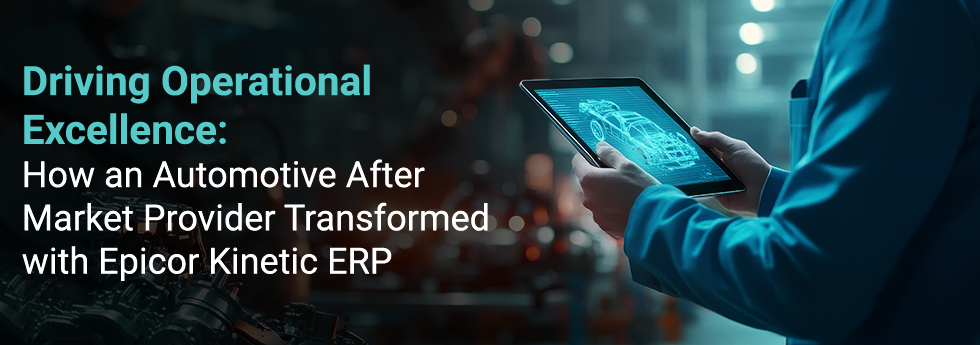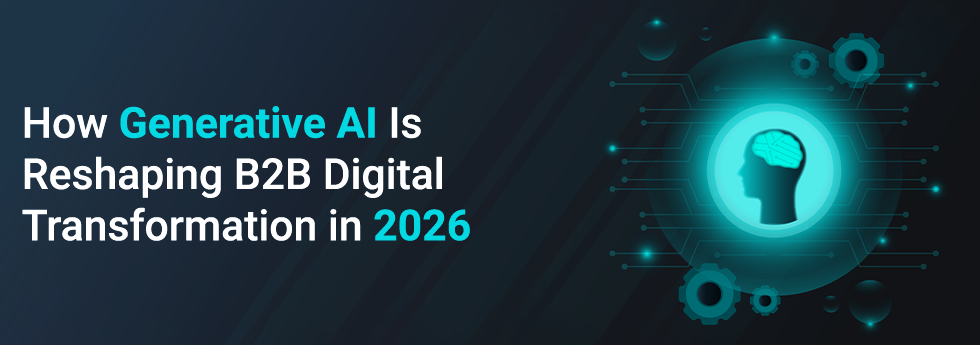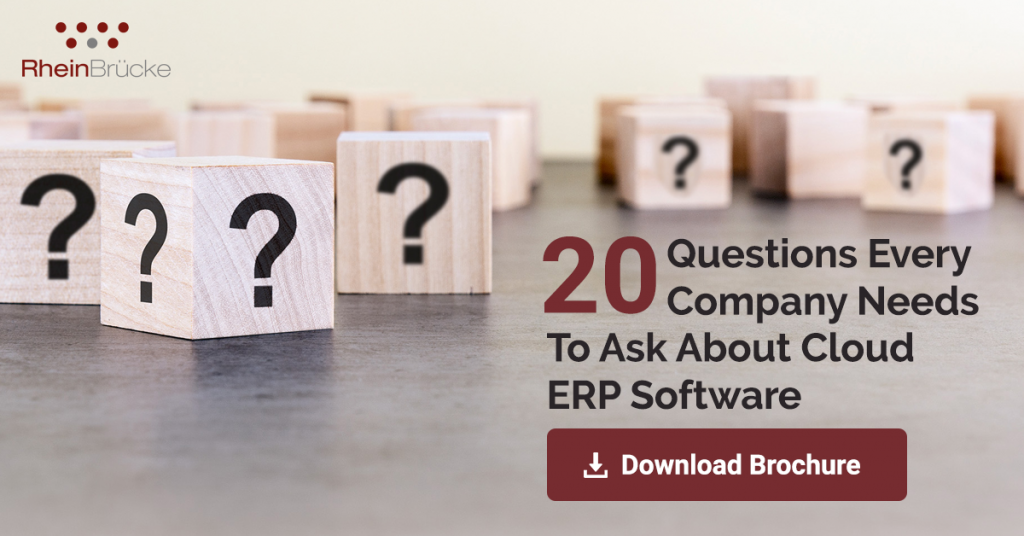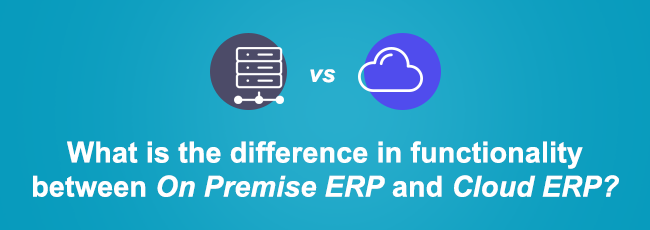
When one thinks about what the cornerstone for a modern business today could be, the answer that usually comes to mind is a robust Enterprise Resource Planning System. While we have written extensively about the advantages of implementing a cloud-based ERP system, we believe that there is some merit in comparing cloud-based ERP to on-premise ERP systems as well. Modern businesses have the option of choosing between two very strong deployment options. In this blog, we will explore the differences of Epicor Cloud ERP vs On-Premise ERP systems broadly based on cost and control. Functionally, Epicor offers the same set of features across both versions, so the decision-making is primarily based on an evaluation of Cost and Infrastructure aspects.
What is On–Premise ERP?
The basic difference between on-premise ERP and Cloud ERP is where it resides. On-premise ERPs are installed locally on a company’s servers and have to be managed by the organization’s internal IT staff.
What is Cloud-based ERP?
Cloud-based ERPs are hosted on a vendor’s server and can be accessed by the users using a web browser. It is also referred to as SaaS (Software-as-a-Service) as the ERP software will be maintained by the vendor itself.
Other Differences Between On-Premise ERP and Cloud ERP
Cost Affairs
As the type of deployment changes, the type of costs themselves change. On-premise ERP software often requires a large capital expenditure that must be paid upfront. There are also additional costs to purchase and manage the software, related hardware, servers, facilities, and staff to run it. Additional costs for on-premise ERP systems could include that related to upgradation. When on-premise ERP needs to be upgraded, IT must redeploy the system across all user computers and re-implement the various customizations and integrations that were once installed as per your preference.
Perhaps one way to go about this is to check whether you have hardware that currently supports a legacy system, if so, check if it is compatible with an Epicor on-premises solution.
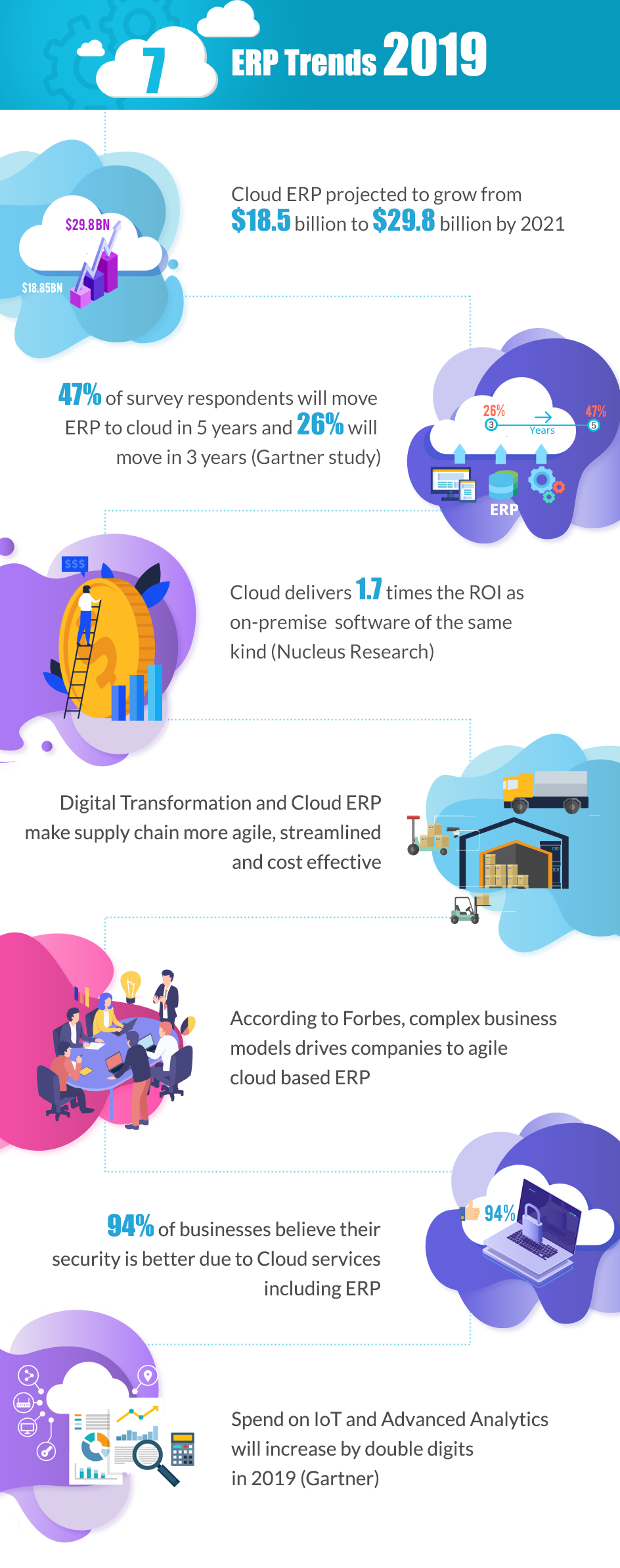
Dynamics of Control
While on-premise ERP systems can be tailored for specific business functions, any kind of software upgrades or preference changes cannot be implemented without the redeployment of your entire ERP. In contrast, the responsibility and onus of upgrading software for cloud ERP systems lies with the provider for no additional cost.
With ERP on the Cloud, organizations share the responsibility of maintenance and security with the third party vendor. This is especially advisable for small to medium businesses that employ a smaller IT team. While it may seem like a risk, in reality, many businesses benefit from sharing this responsibility with another entity that specializes in managing the intricacies of ERP infrastructure. Due to the massive influx of data from multiple sources, organizations may not be able to comprehend the full scale of information and data susceptible to manipulation or convolution.
The truth is that maintaining control over your data with On-premise servers does not guarantee security. Organizations must maintain strict policies on Data Security irrespective of whether their ERP is On-premise or Cloud such as access to physical assets (in the case of on-premise), regular backups, and protection against unforeseen disasters such as environmental disasters, prevention of network intrusions, and regular system maintenance.
Weighing the pros and cons of on-premise ERP and cloud ERP deployment and then taking a measured decision in the context of your organization’s resources and constraints would be a great way of deciding the right fit for your company. At RheinBrücke, we are committed to providing you only the best and Epicor ERP is as good as ERP gets.


